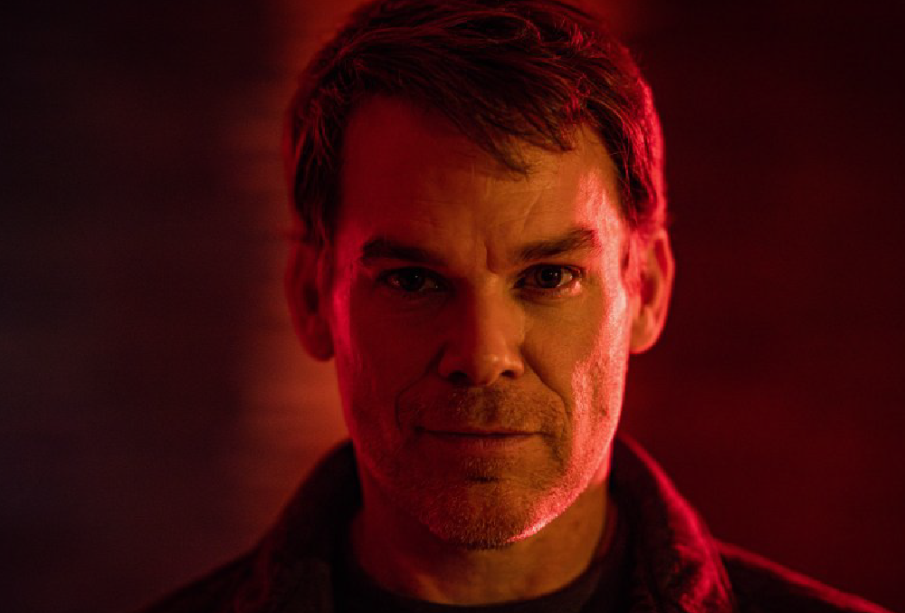The Enduring Legacy of Dexter in Television History

Introduction to Dexter
The television series Dexter has become a significant cultural phenomenon since it first premiered in 2006. Its unique narrative of a vigilante serial killer who targets other criminals captivated audiences and pushed boundaries in the portrayal of morality, justice, and the complexities of human behaviour. With the climax of the series and a revival in 2021, Dexter has maintained relevance and sparked discussions related to ethics and violence in media.
The Original Series and Its Reception
Created by James Manos Jr. and based on the novel ‘Darkly Dreaming Dexter’ by Jeff Lindsay, the original Dexter series ran for eight seasons, concluding in 2013. The show starred Michael C. Hall as Dexter Morgan, a blood spatter analyst for Miami Metro Police Department by day, and a serial killer by night, who channels his dark urges into hunting down murderers who have evaded justice. The series received critical acclaim, winning numerous awards, including Golden Globes and Emmys, and gaining a massive fanbase for its thrilling plot lines and moral dilemmas.
The Revival: Dexter: New Blood
In 2021, the long-awaited return of Dexter arrived with the limited series ‘Dexter: New Blood’, addressing the controversies and mixed reactions surrounding the original series finale. The revival set a new tone by acknowledging the character’s growth and struggles in a different environment, showcasing Dexter in a small town in New York and confronting the consequences of his past actions. Critics have praised the revival for its more nuanced storytelling and stronger character development, providing satisfactory closure to the storyline.
Impact on Pop Culture
Dexter’s complex character and moral ambiguity have positioned it as a topic of interest among psychologists and sociologists alike, exploring the theme of vigilante justice and its societal implications. The show has significantly influenced other media, inspiring new narratives and dialogues surrounding anti-heroes in contemporary storytelling.
Conclusion: The Future of Dexter
The lasting impact of Dexter in television history cannot be overstated. With its successful revival and ongoing discussions around ethics, it remains a poignant reference point in the conversation about crime and morality in media. Fans eagerly await any indication from showrunners about potential future projects or spin-offs, as Dexter’s legacy continues to intrigue new generations and challenge moral perspectives.









